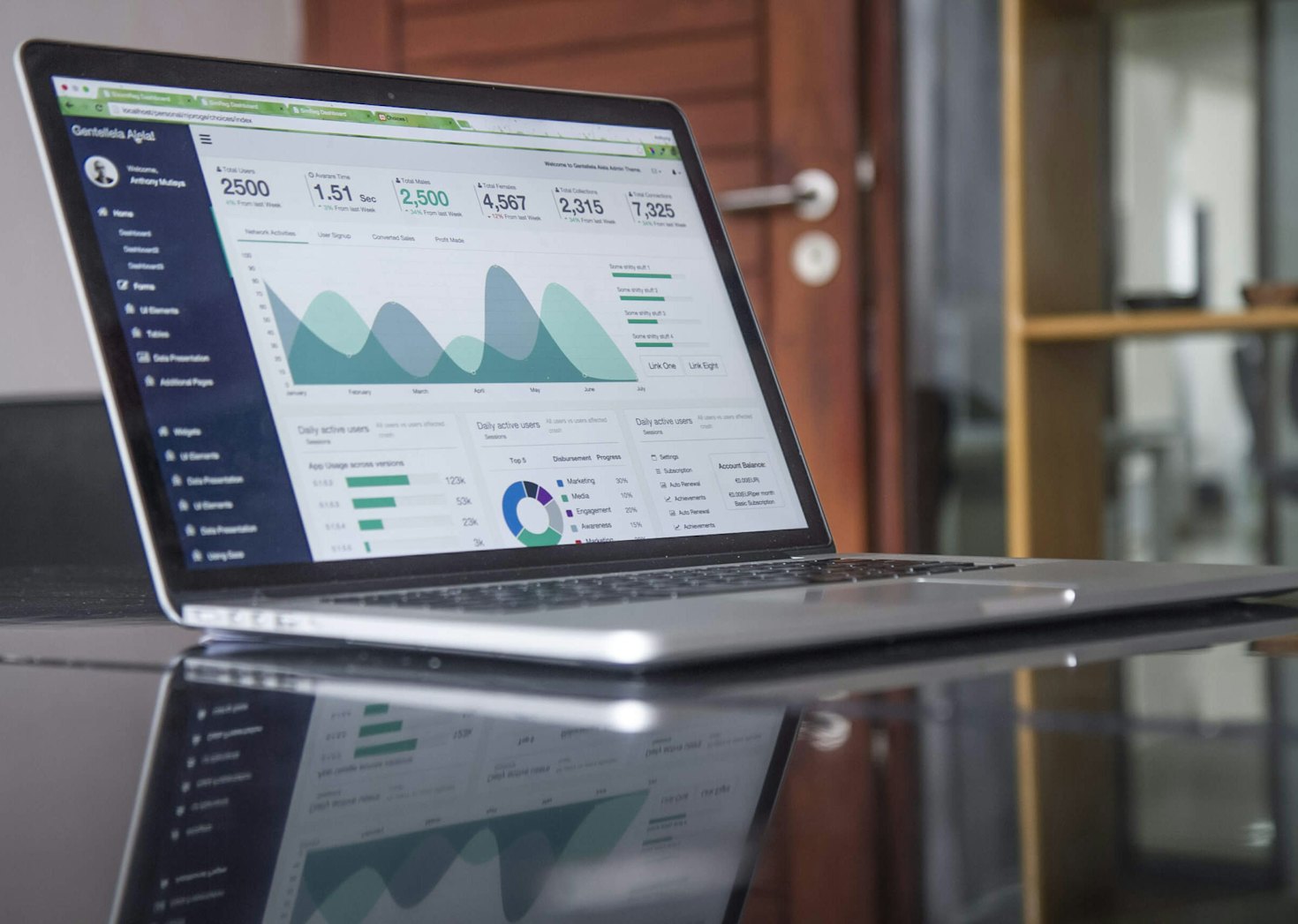The future of technology in business will be marked by the deep integration of smart tools, advanced connectivity, and sustainability. Artificial intelligence (AI) will continue to transform industries, allowing companies to automate processes, personalize customer experiences, and make decisions based on real-time data. Meanwhile, 5G connectivity will drive the expansion of the Internet of Things (IoT), connecting devices and systems to create more efficient and agile operations. In addition, technologies such as blockchain will ensure transparency and security in digital transactions, while the rise of the metaverse will offer new ways of interacting with customers and employees. As companies embrace these innovations, those that prioritize sustainability and adaptability will be better positioned to lead in an increasingly dynamic and digitalized market.
Sometimes the simplest moments hold the deepest wisdom. Let your thoughts settle, and clarity will come to you. Use this quote space to share something inspiring or thoughtful, perfectly aligned with the topic of your article.
Technology is redefining business models, and the future promises an acceleration in this transformation. One of the fundamental pillars is artificial intelligence (AI), which is already being used by companies to optimize everything from supply chains to personalized experiences. For example, giants like Amazon and Netflix use AI to recommend products and content, increasing customer satisfaction and improving their revenues. In the manufacturing sector, AI drives the automation of complex processes, such as detecting defects in production lines, reducing costs and improving quality.
5G connectivity will also play a central role in the future of business. With significantly faster speeds and lower latency, this technology will enable mass adoption of the Internet of Things (IoT). This will transform sectors such as retail, where smart sensors can monitor inventories in real time, or agriculture, where IoT devices optimize irrigation and fertilizer use to increase efficiency.
Another innovation that is gaining ground is blockchain, which beyond cryptocurrencies is being used by companies to ensure transparency in the supply chain and to manage smart contracts. For example, companies such as IBM are developing blockchain-based solutions to trace the origin of products in industries such as food, improving consumer confidence.
The rise of the metaverse also promises to revolutionize how businesses interact with their customers and employees. From virtual stores where customers can try out products in a 3D environment, to digital offices that enable more immersive collaboration for remote teams, the metaverse offers innovative opportunities to improve the user experience.
Finally, sustainability is positioned as a priority in the use of technologies. Companies are adopting technological solutions that not only optimize their operations, but also reduce their environmental impact. For example, energy-efficient data centers and circular economy platforms are helping organizations operate more responsibly.
In this scenario, success will not only depend on adopting these technologies, but on strategically integrating them to create sustainable value, adapt to a constantly evolving market and lead with innovation.


Emerging technologies are not only transforming current businesses, but also opening doors to disruptive approaches and unexpected opportunities. For example, artificial intelligence (AI), in addition to optimizing processes and personalizing experiences, can play a fundamental role in creating new markets through innovations such as virtual assistants capable of emotionally interacting with customers or prediction systems that anticipate needs before they arise.
Furthermore, blockchain, beyond transparency in supply chains, can facilitate shared economy models, allowing companies and users to exchange goods and services directly, without intermediaries. 5G connectivity, in addition to improving efficiency, can be the catalyst for fully connected business ecosystems, where autonomous vehicles, smart cities and decentralized operations work in perfect harmony.
Finally, digital sustainability raises a broader perspective: not only how companies can reduce their environmental footprint, but how they can lead cultural changes towards responsible practices. This includes developing more durable products, adopting renewable energy and using advanced recycling technologies.
These new perspectives invite companies not only to adopt current technological trends, but also to reimagine their business models and actively contribute to a more inclusive, efficient and sustainable future. The key will be to recognize that technology is not just a tool for adaptation, but a driver for redefining what is possible.
Conclusion with key points
El futuro de la tecnología en los negocios está marcado por la integración de herramientas avanzadas como la inteligencia artificial, blockchain, conectividad 5G y el metaverso, que no solo transforman los procesos operativos y mejoran la experiencia del cliente, sino que también abren nuevas posibilidades para la creación de mercados y la colaboración. A medida que las empresas adoptan estas tecnologías, tienen la oportunidad de reimaginar sus modelos de negocio, con un enfoque especial en la sostenibilidad, integrando prácticas responsables y fomentando la innovación para construir un futuro más conectado y eficiente.
El desafío será integrar estas tendencias de manera estratégica, no solo para adaptarse, sino para liderar en un entorno empresarial que se caracteriza por su dinamismo y constante cambio. En última instancia, las empresas que aprovechen estas tecnologías de manera creativa y responsable estarán mejor posicionadas para marcar la diferencia y prosperar en un mundo cada vez más digitalizado.